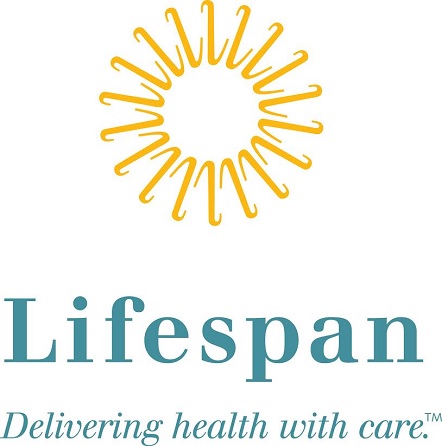PROVIDENCE – In a strong turnaround from the previous year’s results, Lifespan Corp.’s operational income grew more than $12 million to $14.5 million in fiscal 2017. At the same time the health care provider group saw an increase in net assets of $126.9 million, a reversal of a $49.1 million decline in net assets during fiscal 2016, thanks to strong contributions from non-operating income sources (including unrestricted gifts and investments), and partially or fully restricted assets. Overall Lifespan saw a 4.8 percent increase in total unrestricted revenue and other support to $2.2 billion during the 12-month period that ended Sept. 30.
“Despite a terribly difficult operating environment, including declining payments for our services, Lifespan managed a small profit in fiscal 2017 – posting a 0.7 percent operating margin,” said David Levesque, director of public relations at Lifespan.
Lifespan Vice President Jane Bruno elaborated on the difficult operating environment, noting virtually all hospitals in the United States are struggling to adapt to changing patient needs, demands of private and public insurers, and ever-growing competition.
In Rhode Island, she said, the health care landscape is even more treacherous, with many costs being outside Lifespan’s control, including several years of lowered reimbursement for Medicaid payments, reductions in Medicaid Disproportionate Share Hospital (DSH) payments, increases to the hospital’s licensing fees, and caps on annual reimbursements from private insurers.
“Simply put, we are getting paid far less to care for many more patients,” Bruno said.
In fact, the percentage of payment coming from government sources is significant. In 2017, 65 percent of Lifespan gross patient service revenue came from Medicare, Senior Care, Medicaid and RIte Care.
At the same time, the provider noted how much it spends in ways that benefit the community. Charity care, which is health care provided in full or part for those who cannot afford to pay for it, totaled $26.1 million on the year, slightly less than in fiscal 2016. Net medical education expenses and research totaled $80.3 million for the year, a nearly $5 million year-over-year increase. Unreimbursed Medicaid costs increased slightly to $63.3 million. Including subsidized health services, community health improvement services and community benefit operations, Lifespan claimed a total of $196.6 million in spending for the benefit of the community.
In addition to being the largest private employer in Rhode Island, Lifespan has significant physical assets. Before deducting accumulated depreciation and amortization, the value of land, buildings and equipment was $1.9 billion at the end of fiscal 2017. Lifespan also reported construction in progress on those assets of $20.8 million in the year, a 54.3 percent increase on such spending over the year.
Lifespan also reported on its pension plan, with a projected benefit obligation of $808.7 million at the end of the year, compared with a fair value of the plan assets of $544.3 million. Bruno noted that from the perspective of federal regulations, “we were almost 90 percent funded as of 12/31/2016. We have not yet received our 12/31/2017 ERISA calculations but would expect our funding percentage to remain stable or increase a bit.”
Lifespan’s financial position stands in contrast with Care New England, which showed an operating loss of $33.7 million and a decrease in unrestricted net assets of $33.5 million in its fiscal 2018 first quarter, ended Dec. 31, much of it caused by the operating losses and closure of Memorial Hospital of Rhode Island in Pawtucket.
On Thursday, Lifespan announced it has begun talks with CNE and Partners Healthcare of Massachusetts, exploring a collaborative approach to business in Rhode Island. Partners is currently in talks to acquire CNE.
Levesque declined to comment when asked if Lifespan’s collaborative talks with the companies are part of those companies’ pending merger.
Levesque attributed the hard work of Lifespan employees to the company’s ability to capitalize on increased patient volume and limit expenses.
“Lifespan will continue to face many fiscal challenges – like most health care institutions – but remains committed to building upon our success as we focus on reinvesting in our world-class health system,” said Levesque.
Rob Borkowski is a PBN staff writer. Email him at Borkowski@PBN.com.













